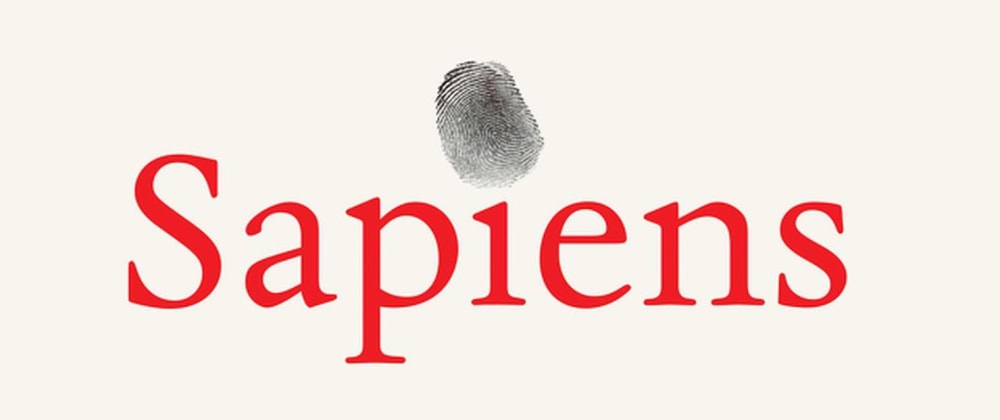This might be a bit off-topic for Dev.To, but I recently came across a list of recommended books for software developers and saw Sapiens: A Brief History of Humankind by Yuval Noah Harari on the list. The recommender put forth this book as an example of a work that should be read to understand our role as humans at large, rather than particular humans accomplishing particular things. Obviously, it's not directly related to software development. But anyone interested in the bigger picture, or especially in anthropology, human cultures, and the history of our species would certainly love this book as much as I do.
Without further ado, here is my review of this book:
Just 6 million years ago, the human species did not exist: "a single female ape had two daughters. One became the ancestor of all chimpanzees, the other is our own grandmother." The wide variety of human species -- sapiens, erectus, neanderthalensis -- evolved from evolutionary pressures like any other species. Why did sapiens survive and thrive and what particular characteristics enabled our species to dominate the planet so completely as we do today?
The mastery of weapons and fire enabled us to hunt, to cook our food, and to control our environment (primarily by burning down forests and as weapons against predators). But all human species enjoyed these technologies. It was Homo sapiens' big brains, evolved only ~150,000 years ago, which enabled us to conquer the planet, eliminate all other human species, and control the planet.
Around 30,000 years ago, a cognitive revolution occurred -- sapiens were now able to imagine and describe things which do not exist in the real world. This "fictive language" has enabled all finance, culture, religion, and politics in the millennia since. The ability to believe in an afterlife can lead to a belief in morality, which can lead to a belief in human rights. None of these concepts exist in the natural world, they are all collective imaginations of humanity. Yet they all shape the destiny of our species and our planet, more than our genetic code ever has.
This book is a fantastic exploration of the evolution of modern humans from their appearance in Africa millions of years ago, to their extreme technological and self-improving advancements today. Why did Homo sapiens dominate the other species of humans? How did we move from a primarily hunting-and-gathering society to a primarily agricultural one? How have capitalism, religion, liberalism, and the scientific revolution improved or degraded our lives? And are any of these inherently good things? Are any of us happier now than our early ancestors, hunting game on the plains of Africa? I strongly recommend this book for anyone interested in the answers to the above questions.



















